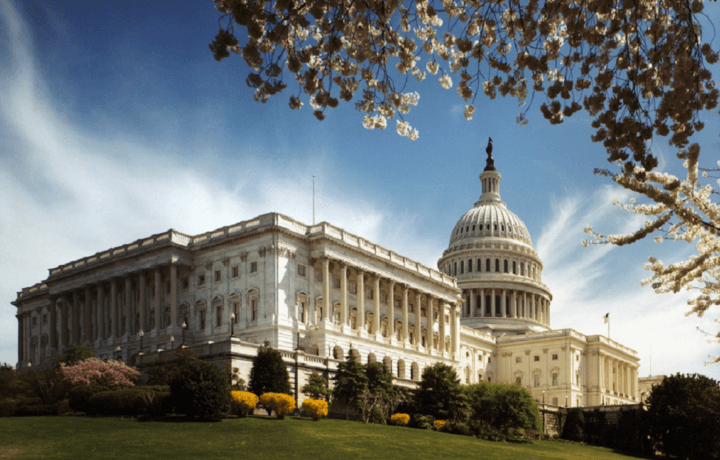The Committee on Foreign Investment in the United States (CFIUS) delivered their annual report to Congress for calendar year 2020, on July 30. Within the 74-page report the committee highlighted their activities which included a number of mitigations, covered notices and perceived adverse effects of covered transactions. Furthermore, the report speaks directly to the use of foreign investment to acquire critical technology companies and foreign espionage activities.
The unclassified report states, unambiguously that “A meaningful summary of the USIC (United States intelligence community) assessment cannot be provided on an unclassified basis” with respect to there being a “coordinated strategy to acquire critical technology companies.”
CFIUS – Committee on Foreign Investment in the U.S.
The committee is the government’s means to conduct a sanity check on a foreign entity acquisition of U.S. companies which may have a positive or deleterious effect on the national security of the United States. Within Section 721 of the Defense Production Act of 1950 and within Executive Order 11858, one will find the operating authority of the committee. In 2018, the Foreign Investment Risk Review Modernization Act (FIRRMA) was enacted which provided the President and the CFIUS with enhanced capabilities to address foreign investment which may have national security concerns. In 2020, the CFIUS changes which were found within FIRRMA took effect. Interestingly, and a disappointment to many, the law precludes CFIUS from “reveal the fact that parties have submitted a transaction for review.”
In 2020, CFIUS processed 240 declarations, of which three were withdrawn. The declarations covered a plethora of industrial sectors with acquisition companies coming from 38 different countries.
National Security Interests
Of those cases reviewed by CFIUS, seven cases withdrew due to national security concerns. The report characterizes these actions as, “the parties withdrew their notice and abandoned their transaction after either CFIUS informed them that it was unable to identify mitigation measures that would resolve the national security risk posed by the transaction or it proposed mitigation measures that the parties chose not to accept.” Of the seven, one abandoned their case due to commercial reasons unrelated to the CFIUS, the remaining six have refiled in 2021.
CFIUS was able to conclude their action for 16 cases which included measures which would protect national security interests. These mitigation measures were reviewed and approved by “five CFIUS agencies [which] served as signatories to these measures.” Three cases were voluntarily abandoned following CFIUS identification of mitigation measures and for which three CFIUS agencies acted as signatories.
Adverse effects for which the CFIUS reviews include those business which provide products and services to the U.S. government which may touch upon the national security of the U.S.
FSO’s and CFIUS
Facility Security Officers (FSOs) are no doubt familiar with CFIUS and may wish to review the 2020 report, especially those sections which speak to “Mitigation Measures and Conditions” where the report outlines the various mitigation measures and conditions which were implemented in 2020 and required companies to “take specific and verifiable action.” Among the many listed, are “prohibiting or limiting the transfer or sharing of certain intellectual property, trade secrets, or technical knowledge;” and “ensuring that only authorized persons have access to certain technology; that only authorized persons have access to U.S. Government, company, or customer information; and that the foreign acquirer not have direct or indirect access to systems that hold such information.”
Additionally, the section on “adverse effects” is dedicated to the CFIUS review with national security at the forefront, to include those areas where “critical technologies” come into play. Specifically with an eye toward the CFIUS evaluation “of whether there are any industrial espionage activities directed or directly assisted by foreign governments.”




